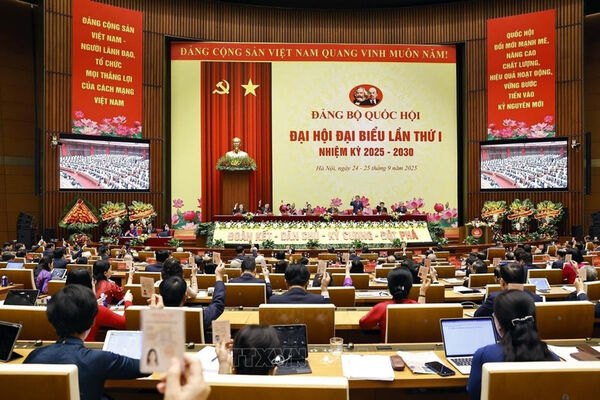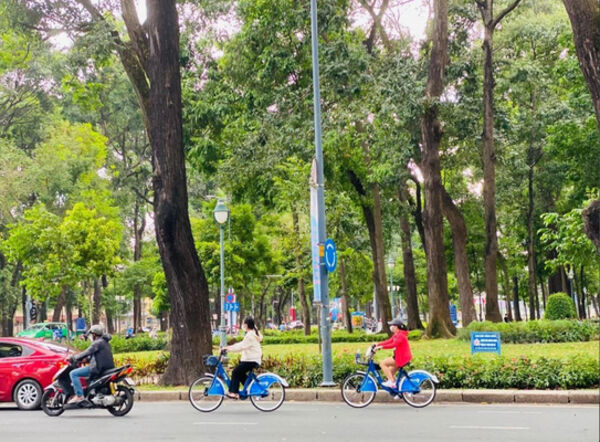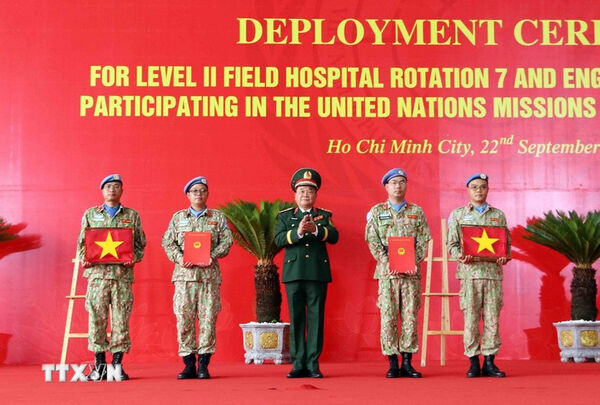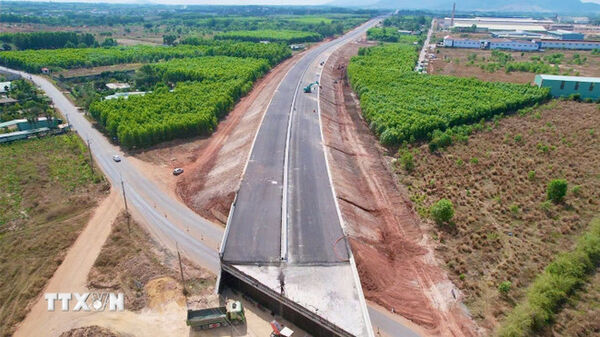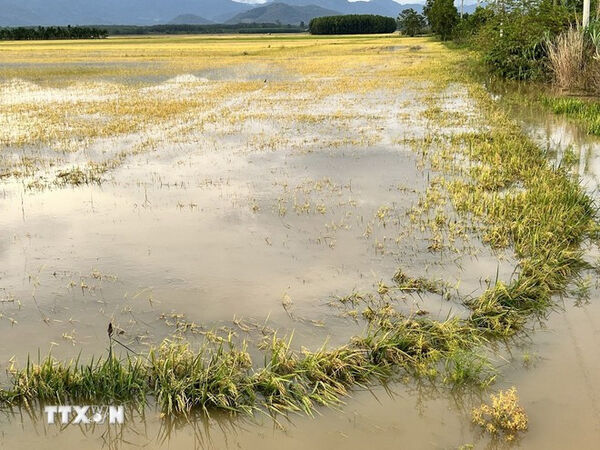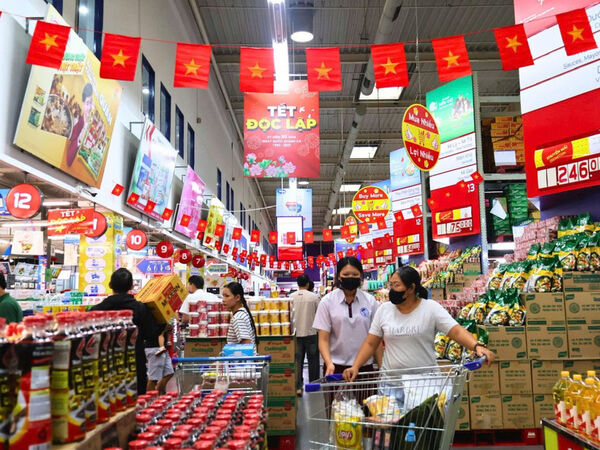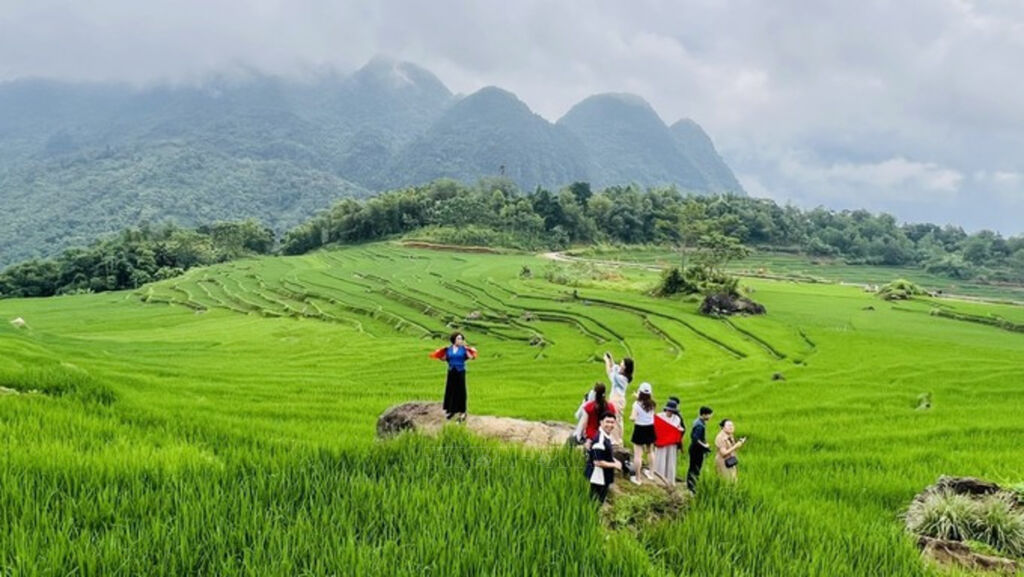 |
| Pu Luong community tourism area in Thanh Hoa province attracts domestic and international tourists (Photo: VNA) |
Hanoi (VNA) – As the world marks World Tourism Day 2025 with the theme “Tourism and Sustainable Transformation,” Vietnam is pushing ahead with a bold shift toward green, innovative and sustainable tourism.
Every year on September 27, the world celebrates World Tourism Day, an initiative of the United Nations World Tourism Organisation (UNWTO) that honours tourism’s role in economic, cultural and social development. The 2025 theme “Tourism and Sustainable Transformation” underscores the urgent need for the sector to grow responsibly, adapt to climate change, and protect the environment.
As climate change, pollution, and overcrowding increasingly affect destinations, sustainable development is no longer optional but a necessity. Vietnam, blessed with abundant natural and cultural assets, is working to adopt greener practices to secure long-term growth and strengthen its position on the global tourism map.
Many iconic sites such as Ha Long Bay, Phu Quoc Island, Hoi An Ancient Town, and the Mekong Delta’s eco-zones are under pressure from seasonal tourist overload, plastic waste, and ecological imbalance. Experts warn that without sustainable management, these places risk losing their appeal while local communities miss out on fair benefits.
UN Secretary-General António Guterres has stressed that tourism is a powerful driver of transformation. It creates jobs, fuels local economies, supports infrastructure and contributes to development far beyond GDP.
Tourism strengthens bonds between people and places. It builds bridges across cultures, preserves traditions and restores cultural heritage. Yet tourism can also damage the very places and communities it celebrates.
“As the world faces climate breakdown and rising inequalities, we need bold, urgent, and sustainable action that puts people and planet first,” he said.
Vietnamese leaders echo this message. At the 19th Ho Chi Minh City International Travel Expo earlier this month, Deputy Prime Minister Mai Van Chinh said the country must move beyond growth at all costs to sustainable development, viewing tourism not just as a service industry but as a creative economy that links culture, environment and business.
He underlined the need to improve regulations, encourage innovation, promote digital transformation and green transition, and apply smart governance to build a modern tourism ecosystem. Vietnam, he added, should adopt a green tourism code of practice, foster regional and sectoral linkages, and connect tourism with agriculture, culture, science and technology.
This orientation has quickly translated into action. The Vietnam National Authority of Tourism (VNAT) has guided localities to hold meaningful activities for World Tourism Day, emphasising eco-friendly, cultural and community-based models.
VNAT has also launched “Visit Vietnam”, a national digital tourism ecosystem featuring a virtual assistant, destination information, and service platforms. This innovation marks a step forward in smart, sustainable management, reducing waste and environmental impacts.
According to VNAT Chairman Nguyen Trung Khanh, the agency will focus on quality and professionalism, developing signature tourism products such as luxury resorts, wellness retreats, agro- and eco-tourism, adventure travel, culinary and medical tourism. Vietnam aims to position itself as a world-class destination while showcasing its heritage and cultural identity.
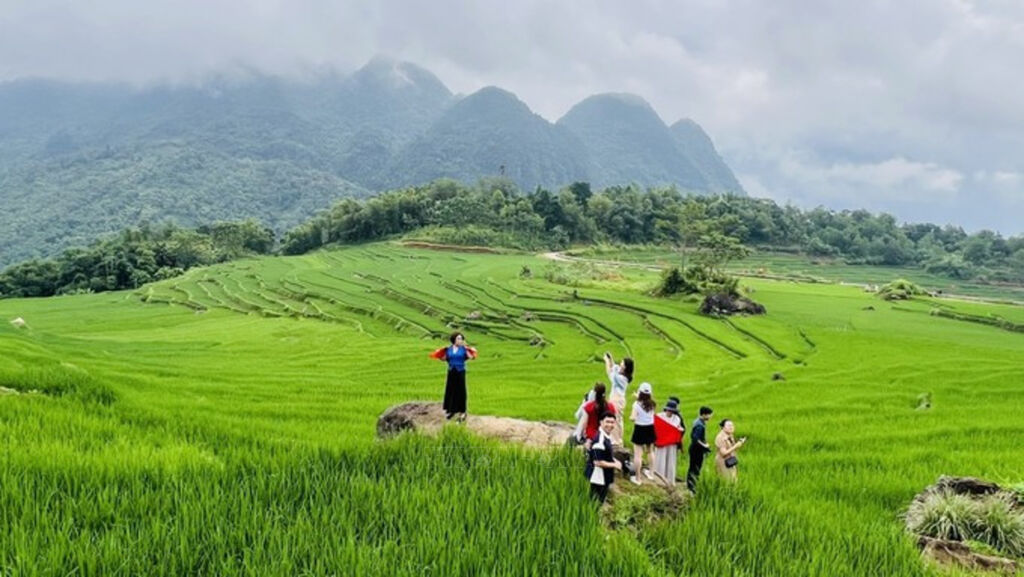 |
| Deputy Prime Minister Mai Van Chinh (centre) visits a booth at Vietnam International Sourcing Expo 2025. (Photo: VNA) |
The media campaign “Travel to Love” calls on travelers to love Vietnam’s nature, culture and people while practicing responsible tourism. On September 27, the Vietnam Tourism Awards 2025 will be presented, with new categories recognising pioneers in green and sustainable tourism. Companies adopting eco-friendly technology, creating community-linked products, and reducing environmental impacts will be honoured.
Localities are also tailoring solutions to their strengths. The northern province of Lao Cai promotes ethnic community tourism in mountain ecosystems; the southernmost province of Ca Mau develops mangrove eco-tourism; and the central city of Hue combines heritage conservation with traditional cultural performances to create sustainable heritage tourism.
According to a report by tourism platform Booking.com, Vietnamese travelers themselves are increasingly aware of their environmental footprint. The report found that 41% of Vietnamese tourists consider reducing single-use plastic their top sustainability priority.
This year, 58% aim to adopt eco-friendly habits such as recycling and rejecting disposable items, compared to 2024 when energy saving ranked highest. Over 60% said sustainability is now their main criterion for choosing destinations, while 90% plan to travel more sustainably in the coming year.
The theme “Tourism and Sustainable Transformation” is more than a reminder. It is a call for bold action. Green transition cannot stop at slogans or short-term campaigns but requires long-term commitment from government, businesses and travelers alike.
As the world pivots to greener growth, Vietnam faces both opportunities and challenges to reshape its development model. From national policies to local initiatives, the country is taking steady steps to align tourism with environment, humans and lasting benefits./.


